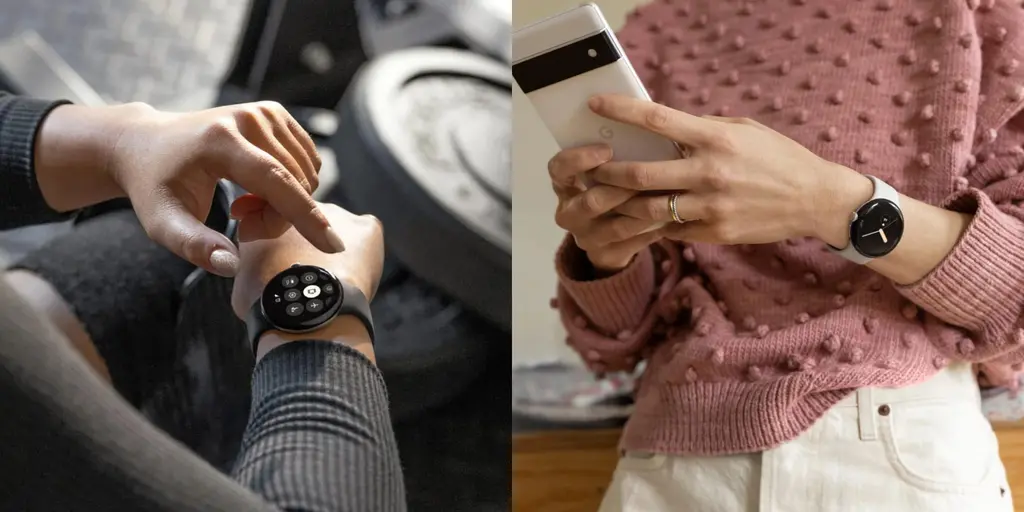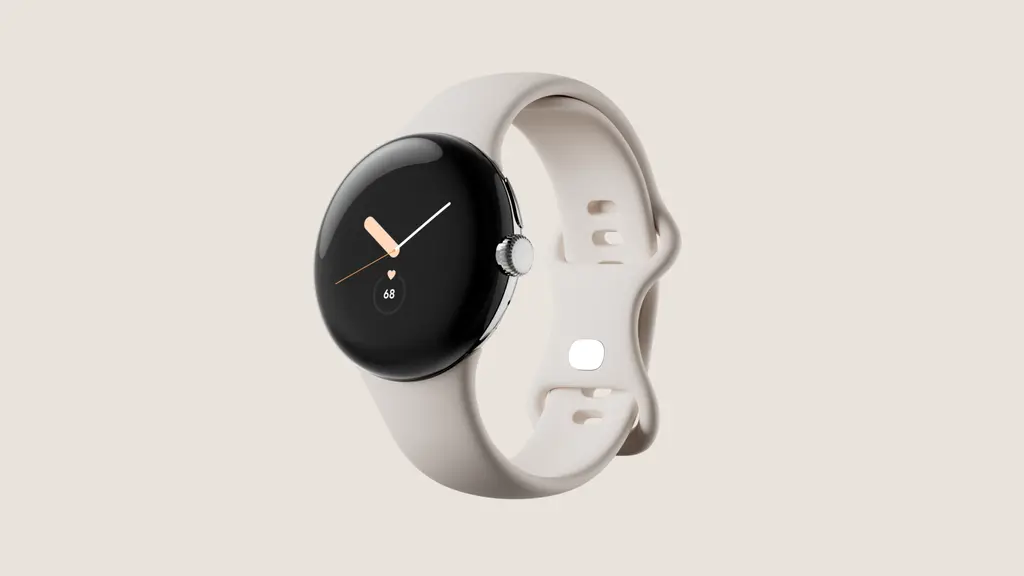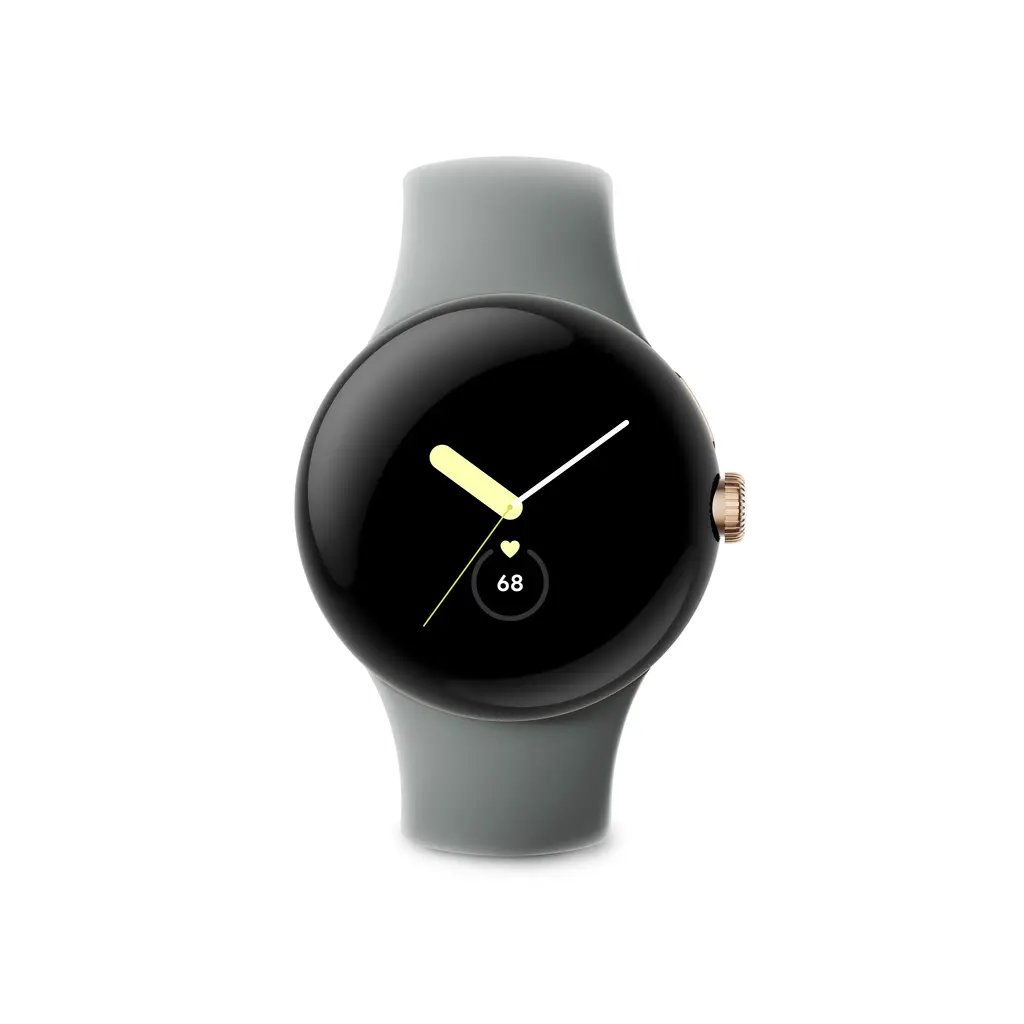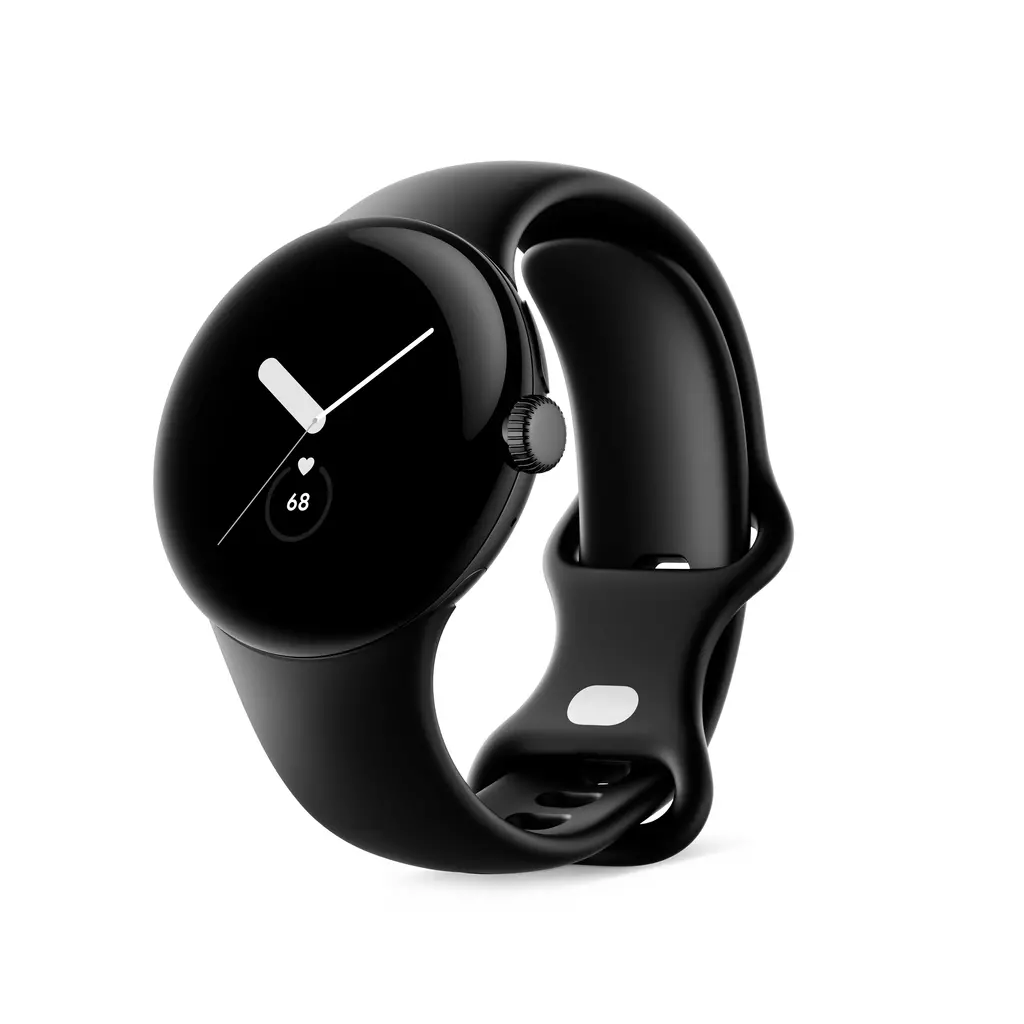Citing technology media 9to5google, the pixel watch will use Samsung's exynos 9110 processor and will be equipped with an auxiliary processor The tasks of the auxiliary processor are the tasks on the offload main processor. However, it remains to be seen whether this auxiliary processor belongs to tensor brand.

As a reference, on snapdragon wear 4100 +, Qualcomm has an "ultra-low power" qcc1110 coprocessor, which supports 64K colors of always on display (AOD), offload more sensors and other AOD experiences.

Offload here is mainly to hand over the functions such as continuous heart rate monitoring and sleep health, faster tilt wake-up response, step counting, alarm, timer and touch to the auxiliary processor for processing. Pixel watch will use its coprocessor in a similar way, although we cannot confirm at present.

The media also pointed out that the pixel watch will have 32GB of storage space. This is twice as big as anything on the current wear OS market and raises questions about how to use it. Downloading songs from YouTube music and spotify for offline playback is the most obvious use case, which matches the capacity of the latest Apple watch.

Google's wearable devices will have more memory than any existing smart watch. The galaxy watch 4 has 1.5GB of memory, but the pixel watch should slightly exceed this total. Historically, more RAM has solved many performance problems of wear OS.
In other aspects, the media can confirm some health and fitness specifications of pixel watch. We first point out that these specifications are obviously the same as those of Fitbit Luxe and charge 5 (see the above figure). As you would expect, there is a heart rate sensor and hardware that supports SpO2 (blood oxygen) and ECG (electrocardiogram) reading.